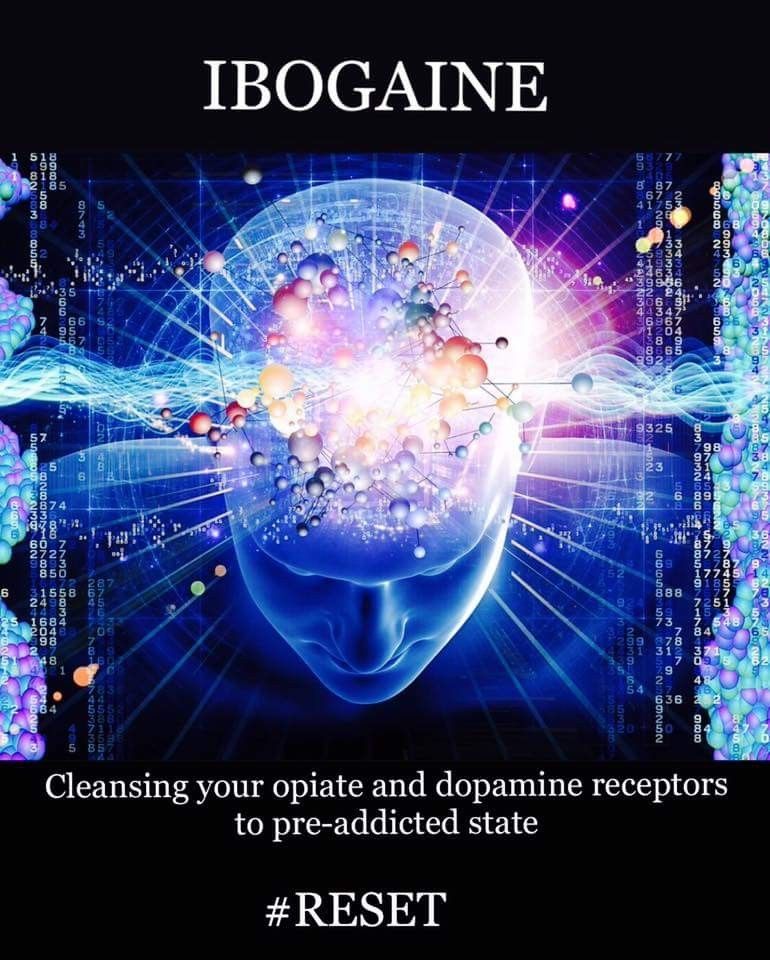Mild Cognitive Impairment (MCI) is a condition characterized by noticeable declines in memory, thinking, and decision-making abilities. While not as severe as dementia, MCI can significantly impact daily life and may progress to Alzheimer’s or other forms of cognitive decline. Current medical approaches primarily focus on managing symptoms and slowing progression through lifestyle interventions, cognitive exercises, and medications such as cholinesterase inhibitors. However, these treatments often have limited efficacy, leading researchers and clinicians to explore alternative therapies that can address the underlying neurological and psychological challenges of MCI.
In recent years, psychedelic compounds like psilocybin, the active component in magic mushrooms, and ibogaine, derived from the African iboga plant, have garnered attention for their potential to support cognitive health. These substances are not just recreational; emerging research highlights their ability to stimulate neuroplasticity, modulate neurotransmitter activity, and promote emotional resilience, making them promising candidates for innovative MCI interventions.
Psilocybin works primarily by interacting with serotonin receptors in the brain, particularly the 5-HT2A receptor. This interaction can enhance neural connectivity, promote dendritic growth, and increase synaptic density. For individuals with MCI, these neuroplastic effects may support memory formation, improve cognitive flexibility, and reduce the impact of neural degeneration. Additionally, psilocybin has been shown to alleviate anxiety and depressive symptoms, which are often comorbid with cognitive decline, further improving quality of life.
Ibogaine complements psilocybin by acting on multiple neurotransmitter systems, including serotonin, dopamine, and glutamate. By stabilizing these pathways, ibogaine can enhance attention, focus, and mental clarity, addressing some of the cognitive fluctuations experienced in MCI. Anecdotal evidence and early clinical observations suggest that ibogaine may help patients regain cognitive engagement, reduce confusion, and support emotional regulation.
Combining psilocybin and ibogaine could create a synergistic therapeutic effect. Psilocybin promotes structural and functional brain changes, while ibogaine helps stabilize neurochemical signaling and supports cognitive consistency. This dual approach targets both the biological and psychological aspects of MCI, potentially slowing progression, improving memory performance, and enhancing overall mental resilience.
Patients seeking reliable access to high-quality psychedelic products in the UK can turn to UKMUSHROOM.UK. The platform offers a range of products suitable for therapeutic exploration, including buy ibogaine in the UK, mushroom edibles, magic truffles for sale UK, mushroom grow kits UK, fresh mushrooms UK, and mescaline cacti UK. These products are prepared with precision to ensure consistent potency and safety for therapeutic applications.
Safety considerations are crucial when administering psychedelic therapies, particularly for older adults or individuals with comorbidities. Both psilocybin and ibogaine can induce intense psychological experiences, which require professional supervision to minimize risks. Structured sessions with trained facilitators or medical oversight are strongly recommended. Pre-treatment assessments should evaluate cardiovascular health, psychiatric history, and current medications to avoid contraindications. Post-session integration is equally important, helping patients translate the insights gained into practical strategies for memory support and emotional well-being.
Emerging research supports the potential of these psychedelics in cognitive health. Studies on psilocybin demonstrate improvements in mood, stress reduction, and enhanced neuroplasticity, which are essential in managing MCI. Ibogaine research highlights its modulatory effects on neurotransmitter systems and its ability to improve focus, attention, and emotional stability. While large-scale clinical trials are limited, existing evidence provides a strong foundation for continued exploration and responsible therapeutic use.
Beyond neurological benefits, psychedelic therapy offers social and emotional advantages. Individuals with MCI often experience frustration, anxiety, and withdrawal due to cognitive difficulties. Psilocybin and ibogaine therapy can reduce these emotional burdens, fostering social engagement, improved communication, and better caregiver relationships. Enhancing emotional and social health is critical, as it can significantly influence the overall quality of life and the success of cognitive interventions.
Education and informed guidance are key to safe psychedelic therapy. Reliable resources such as Wikipedia, WorldScientificImpact.org, and buyoneupmushroombar.us provide detailed scientific information, therapeutic protocols, and historical context. Coupled with high-quality products from UKMUSHROOM.UK, these resources empower patients, caregivers, and clinicians to make informed decisions about psychedelic-assisted treatments.
In conclusion, psilocybin magic mushrooms and ibogaine represent promising, natural approaches for managing Mild Cognitive Impairment. Their combined benefits—promoting neuroplasticity, balancing neurotransmitters, and supporting emotional well-being—address multiple dimensions of MCI. With access to safe, high-quality products through UKMUSHROOM.UK, structured therapeutic sessions, and educational resources, patients and caregivers can explore these treatments responsibly. As research progresses, psychedelic therapies may emerge as vital components of comprehensive cognitive care, offering hope and improved quality of life for those affected by MCI.

No Responses